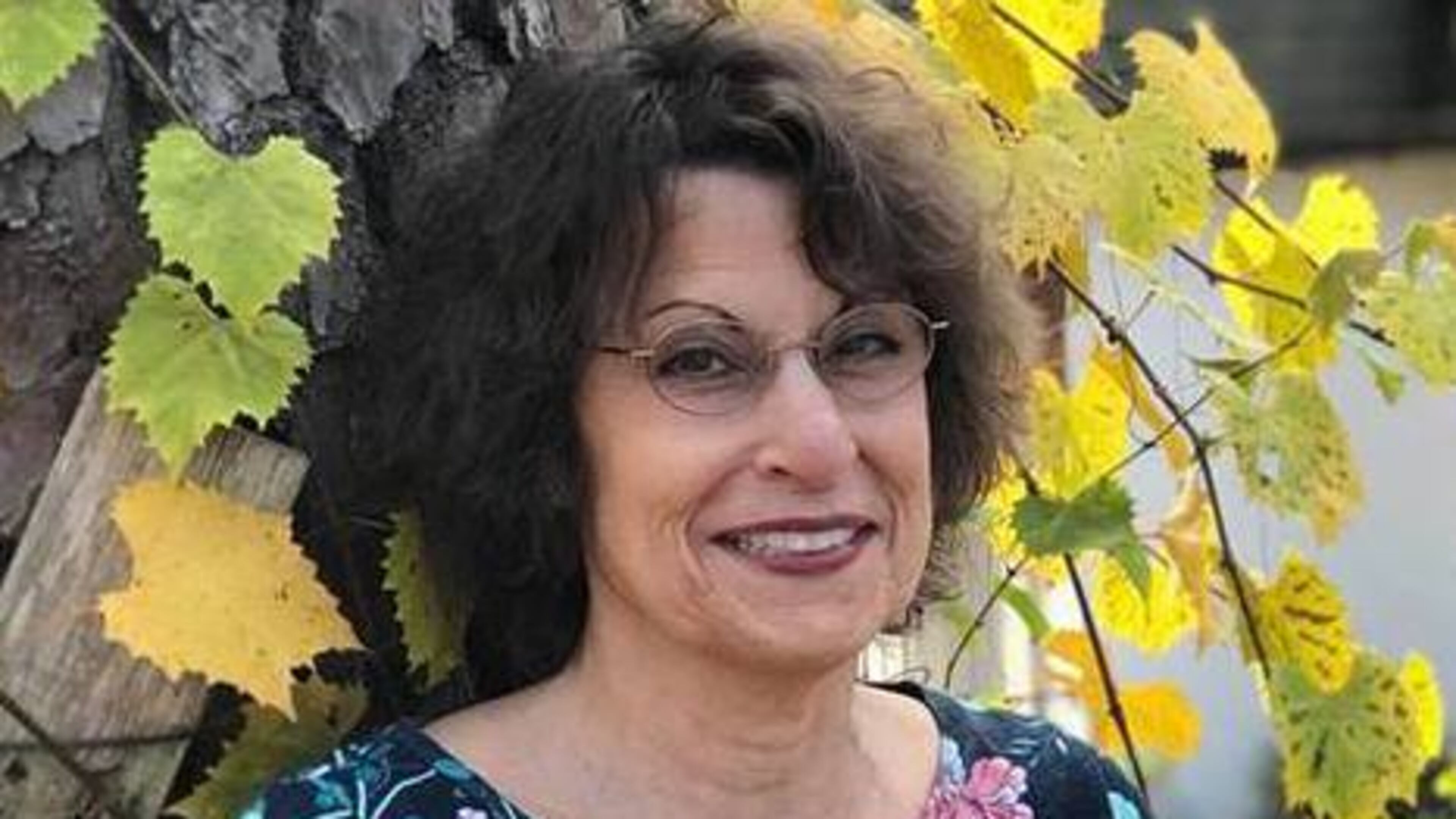Kneeling down to pray for our nation’s healing

I was in a five-and-dime store in Miami, when I spotted two water fountains standing side-by-side.
When my mother’s back was turned, I took a sip from each fountain and compared results. One had icy water that was welcome on a blazing summer day, while the other’s was warm.
The unchilled water came out of the fountain marked “colored.”
This was how it was in my childhood. An African-American lady came once a week to clean the house, and when my mother invited her to have lunch with us, she declined.
She evidently didn’t feel comfortable breaking the unwritten rule that said Blacks and whites didn’t share bread together.
I was devastated to learn about the tragic death of George Floyd, the African-American man who died from asphyxiation while a white police officer knelt on him.
People marched to show their disgust with racism and their support for improvements in the way the police treat people.
Many protesters were intent on peacefully exercising their First Amendment right to demonstrate, but things turned ugly when some folks descended into looting and violence.
It’s wrong to paint an entire group of people with the same brush. After all, there are saints and scoundrels among every race. There are heroic police officers who risk their lives to help others — and there are terrible ones.
Fortunately, there are people of every race who believe human beings are created in God’s image, so they treat everyone with respect.
Years ago, I taught philosophy in an historically black university in Washington, D.C., where I was one of the rare white faces on campus. Some people of color were unwelcoming, but the majority were kind and a joy to work with.
I also taught in largely white colleges, where some status-conscious professors looked down on part-time instructors.
Things were especially odd at one university, where the adjuncts were given a separate coffee pot from the professors.
Sadly, some people are stuck in the rut of hatred and violence, refusing to see every person as a child of God. And many have forgotten what Martin Luther King Jr. wrote in his “I Have a Dream” speech in 1963:
“In the process of gaining our rightful place we must not be guilty of wrongful deeds. Let us not seek to satisfy our thirst for freedom by drinking from the cup of bitterness and hatred.
“We must forever conduct our struggle on the high plane of dignity and discipline. We must not allow our creative protest to degenerate into physical violence.”
As a Christian, King knew violence is never the answer, because Christ replaced the old “eye for an eye” rule with a new one: “Love your enemies as yourself. Pray for those who persecute you.”
Christ even showed mercy to his killers by saying, “Father, forgive them, for they know not what they do.”
We live in a fallen world, so we cannot entirely eradicate sinful and violent behavior. Fortunately, we have models of faithfulness, who stand up for their beliefs.
One is O’Neal Saddler, an African-American Georgia State patrol officer, who was asked to kneel in support of demonstrators.
He told the crowd he was there to protect them, but he refused to kneel. “I have much respect, but I only kneel for one person.”
Someone responded, “That’s God” and he confirmed, “God.”
There are things we can all do. Kneel down and ask God to heal our hearts, our cities and our nation. Pray for those who have been wounded by racism. Pray for those who have done the wounding.
And each day, put down the cup of bitterness and drink deeply from the chalice of mercy.
Lorraine’s email address is lorrainevmurray@yahoo.com

